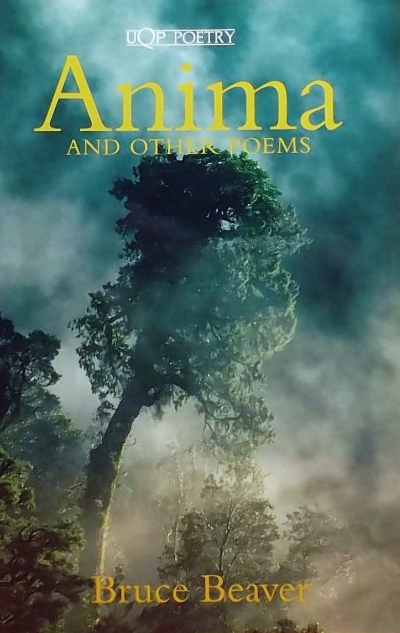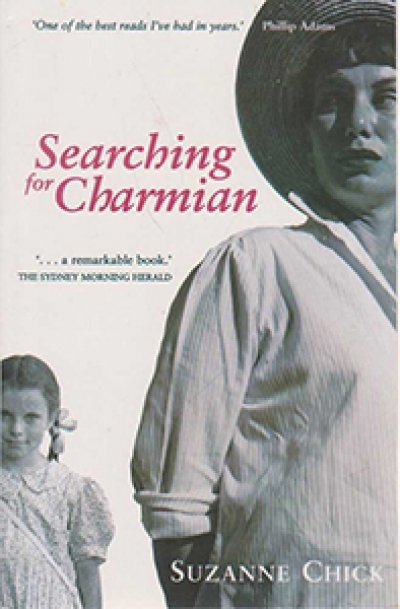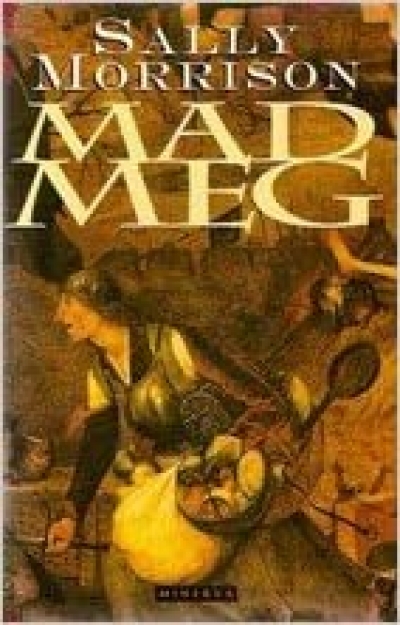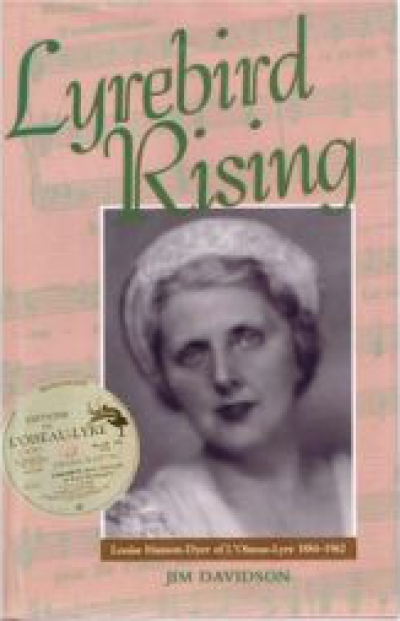Archive
The Oxford Companion to Twentieth-Century Poetry in English edited by Ian Hamilton
There is one kind of writing that, unfailingly, moments after I start it, stiffens my wrist till it’s too painful to go on. It must be genetic because my daughter has the same condition. Diary-writing, filling up a Daybook or whatever. Consequently, I keep no journal or notebook of any kind. I did once, in a red exercise book, for a month, on the Strathnaver from Tilbury in 1954. I’ve read it. Embarrassing! And just now I’ve been prospecting the diaries my father gave me as Christmas presents, one for 1953, the other for 1954. The later one opens in Hampstead and closes in Black Rock, swearing on the last page (to whom, I wonder, Her Majesty herself?) that Rule Britannia will never, as far as this lad is concerned, tum into Waltzing Matilda. Oh dear!
... (read more)When I visited Bruce and Brenda Beaver in their Manly flat it was a sparkling day. The water of the Harbour was glittering, and the pines on the foreshore were stirring only slightly in the breeze. But, however soothing the weather, I was nervous. For me, Bruce Beaver is huge, a poet of the first order, and his extraordinarily difficult life, the periods of debilitating sickness and the various almost mythic stories that attach themselves to his history, all added up to make me feel very nervous indeed.
And his wife, Brenda had made it very clear that my being able to come to see him was a privilege. She protects him fiercely, with constant courage, and if I hadn’t read Bruce Beaver’s superb love poems to this woman, I would have been even more nervous when my companion and I knocked on their door.
... (read more)







